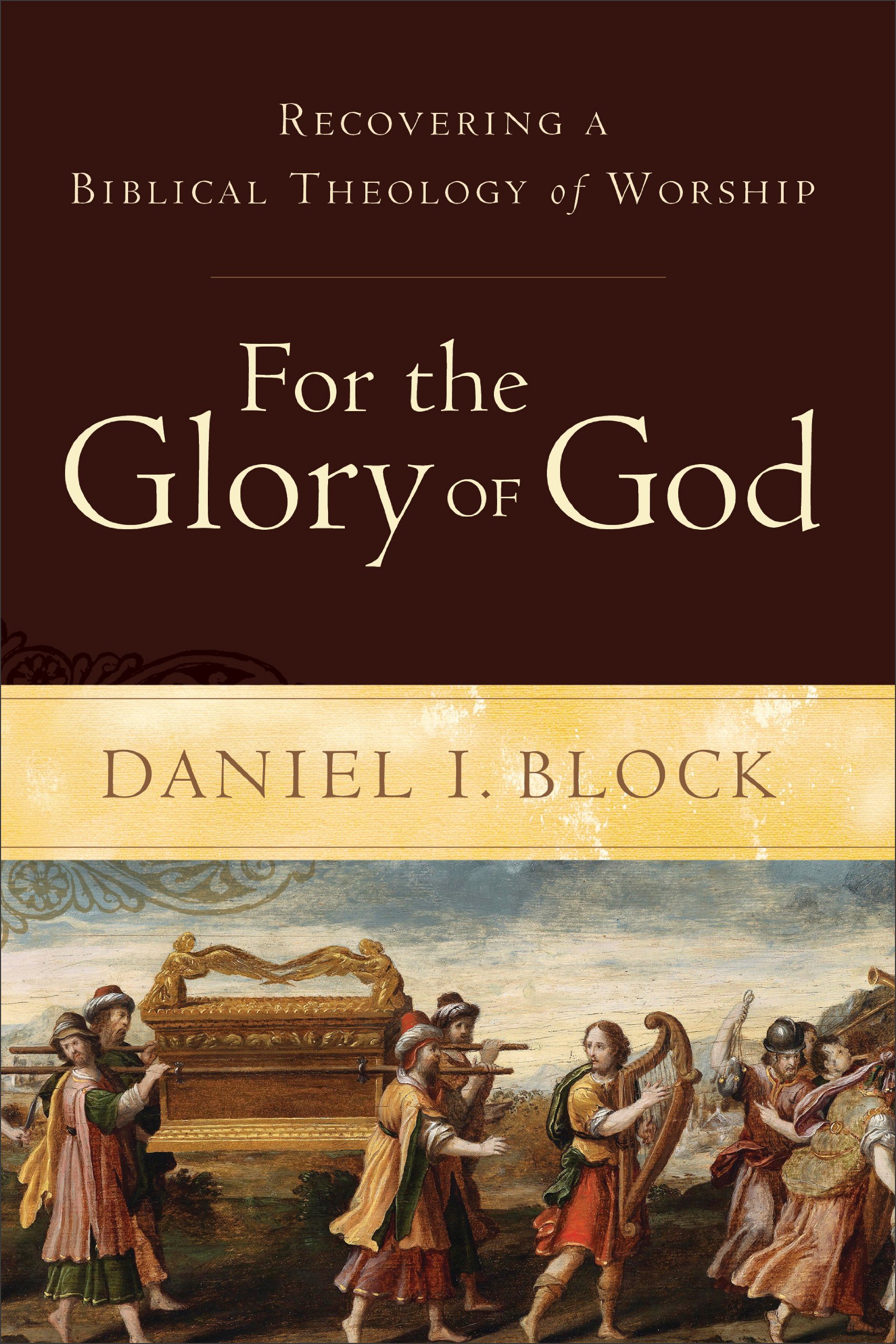A Brief Book Summary from Books At a Glance
About the Author
Daniel I. Block is an Old Testament professor at Wheaton College. He has authored numerous books and articles and has served on the translation committee of the New Living Translation of the Bible. Block has lectured and taught around the world.
Introduction
This book presents a biblical theology of worship. It focuses a great amount of attention on the patterns and principles of worship in the Old Testament. Block provides careful exegesis and theological reflections, as well as application to the contemporary church. This book covers a great deal of ground in terms of biblical texts, theology, and practice. Many different aspects of worship are examined. This work is marked by a deep reverence for God, and an obvious desire to recognize the holiness and majesty of the Lord. Worship is far more than music—we must dedicate all of our lives to the glory of God.
Table of Contents
Chapter 1 Toward a Holistic, Biblical Understanding of Worship
Chapter 2 The Object of Worship
Chapter 3 The Subject of Worship
Chapter 4 Daily Life as Worship
Chapter 5 Family Life and Work as Worship
Chapter 6 The Ordinances of Worship
Chapter 7 Hearing and Proclaiming the Scriptures in Worship
Chapter 8 Prayer as Worship
Chapter 9 Music as Worship
Chapter 10 Sacrifice and Offerings as Worship
Chapter 11 The Drama of Worship
Chapter 12 The Design and Theology of Sacred Space
Chapter 13 Leaders in Worship
Appendices A, B, and C
Summary
Chapter 1: Toward a Holistic, Biblical Understanding of Worship
Many contemporary evangelical treatments of the theme of biblical worship pay little attention to the First (Old) Testament. Inconsistently, many Christians look to the Psalms for worship material, yet they neglect the Torah on which the Psalms are based. Although the new covenant has brought fulfillment to old covenant types, the principles undergirding the worship of God are the same. Worship is a matter of attitude, physical expression, and liturgical or ritual expression (in Scripture it has little to do with music). Worship is to be offered in reverence and fear. One major way that Scripture depicts worship is through physical prostration and genuflecting before the Lord. Our culture’s rejection of these physical signs of submission is no reason for the church to reject kneeling in the presence of the Lord. The First Testament prescribes a variety of cultic worship practices for serving the Lord, and the New Testament employs much of the same language and concepts. In Romans 12:1, Paul calls every believer to completely dedicate themselves to serve the Lord. This is a rational response of service in light of what Christ has done for us, and the imagery is rooted in the First Testament cultus. Christians are frequently referred to in priestly language. It is hard to boil down the biblical data into one definition of worship, but one way to describe the phenomenon is to say: “True worship involves reverential human acts of submission and homage before the divine Sovereign in response to his gracious revelation of himself and in accord with his will” (p. 23). Worship is to be whole-hearted and full-bodied. Our hearts should be turned to God and our actions should demonstrate this reality.
Chapter 2: The Object of Worship
Only Yahweh is to be worshipped, and the First Testament is the first place where we see it forbidden to worship more than one God. Scripture consistently rejects the validity of idols, characterizing them as abominable and detestable, as well as subjecting them to biting satire. Idol worship was also charged with generating a host of moral and social evils. God takes a number of titles and epithets, but YHWH is his true and revealed name. Yahweh is to be worshiped because he is the creator and sovereign. He is the faithful covenant God of Israel and works to accomplish his redemptive program, not just for Israel but for the world. The God of the First Testament is the same God of the New Testament. Exodus 19-24 depicts an incredible expression of corporate worship as Yahweh graciously reveals himself and enters into a covenant with Israel at Sinai. God reveals his glory, speaks, takes Israel to be his own, and gives them a moral code of conduct in light of their redemption. Psalm 95 is another highpoint for depicting the proper worship of God. . .
[To continue reading this summary, please see below....]The remainder of this article is premium content. Become a member to continue reading.
Already have an account? Sign In
